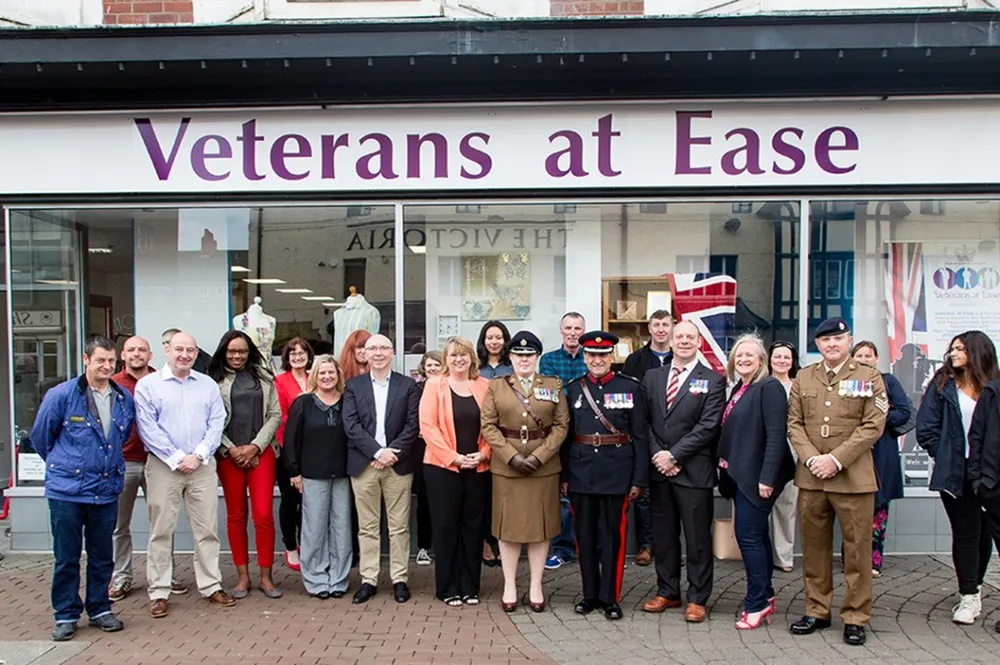Despite growing awareness, loneliness and exclusion remain some of the biggest, yet most overlooked, challenges facing disabled communities. As part of my research I wanted to understand why this was happening and, more importantly, what could be done about it.
During my Fellowship research, which took me across New Zealand and Australia, I saw first-hand just how fundamental community and connection are to wellbeing. From local community-based initiatives to international disability advocacy networks, the message was clear: connection is at the heart of human wellbeing. It is through our relationships, our communities and our shared experiences that we find true support and meaning.
We live in a world seemingly more connected than ever. Yet many disabled people continue to experience loneliness as they encounter social and environmental barriers such as inaccessible spaces, lack of inclusive social opportunities and limited access to support services that prevents them from fully participating in their communities and society as a whole. This loneliness is not just the occasional quiet evening spent alone. For many, it can be a major part of their daily lives with a constant feeling of being on the outside looking in. Unrealistic expectations are often placed on disabled people to navigate a world that is often not designed with their needs in mind and feeds into the false narrative that relying on others is weak or something to be avoided.
However, as I discovered during my research, no one truly exists in isolation. If we think about it honestly, are any of us truly independent? We all rely on one another in different ways, whether it’s through emotional support, shared resources or simply being part of a community. Our lives are enriched by the relationships and connections we have with others around us. The human need for true, meaningful connection remains a fundamental part of who we are. We all depend on others for our very existence and survival and this interdependence isn’t conditional on self-sufficiency but is instead rooted in collective care.
I remember a conversation when I was asked “Why should I change what I’m doing and make my life more difficult to accommodate disabled people, just a small group of people?” The implication here is that accommodating the needs of disabled people, almost 25% of the population, makes the lives of others more difficult. However, inclusion doesn’t mean making things harder for others, it’s about making things easier for everyone.
We all have a role to play in creating a more inclusive society. Loneliness doesn’t have to define the experience of disability. It is possible to build connection, belonging and community. It doesn’t take monumental change to make a difference - sometimes it’s as simple as inviting someone who may be feeling left out, ensuring an event is accessible or listening to someone who might have been overlooked. In my experience, it’s the small acts of kindness that can have the biggest impact.
Being part of an inclusive community allows each of us to find a sense of purpose and belonging and after all, isn't that what life is all about?









